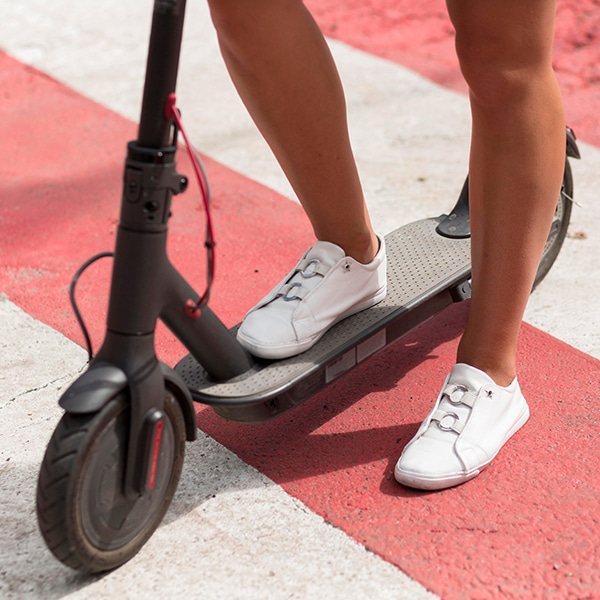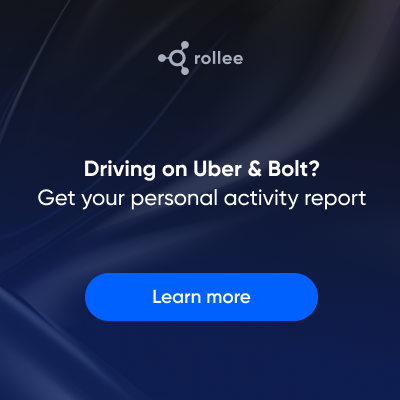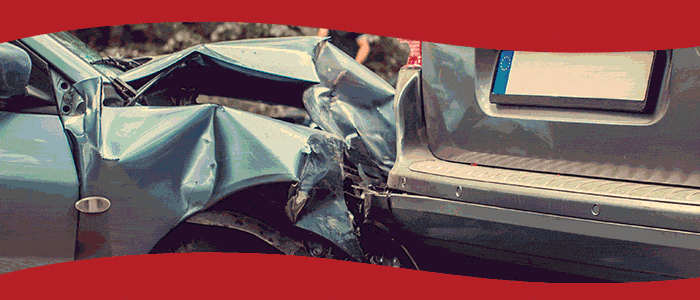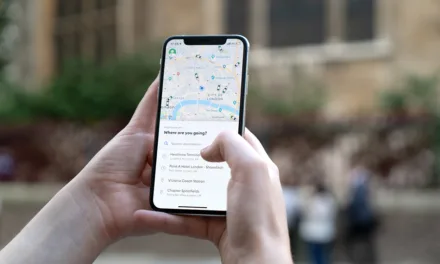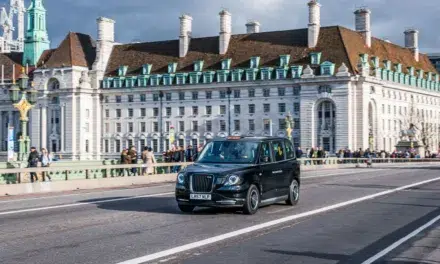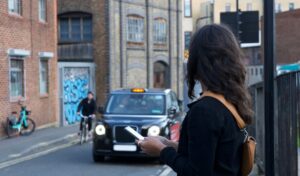As some of you may have read, last month @ground-transport-alan wrote to the Secretary of State for Transport Mark Harper following our opinion poll on the safety of E-Scooters.
The survey found that just 10% of our community didn’t feel more needed to be done to ensure that e-scooters are safe for riders as well as the general public. Another 10% were undecided and 80% said yes, they more needed to be done.
You can see Alan’s post in full below:
Just two or three weeks after reaching out, a representative from the Department for Transport responded to Alan’s letter, which can be seen below.
Advertisement
Dear Alan Wright
Thank you for email of 16 February to the Rt Hon Mark Harper MP at the Department for Transport, about road safety, and the use of e-scooters on our roads and pavements.
I note your concerns about the use of e-scooters, that they are ridden irresponsibly, and without the use of helmets and that they should be licensed the same way as cars. In the UK, powered transporters, also known as micromobility devices, are treated like any other motor vehicle under the Road Traffic Act, and this includes e-scooters and personal electrical vehicles. Therefore, they will be subject to laws requiring them to be built and used safely. Thus, users will need to have insurance, driving licences, number plates, and helmets. The law was not drafted with e-scooters in mind. Consequently, it is not possible for an e-scooter user to comply with the legal requirements for motor vehicles as set out in this paragraph. Offences relating to driving standards and speeding also apply.
It is, therefore, illegal to use a powered transporter on a public road without it complying with these legal requirements. It is also illegal to use a powered transporter in spaces which are set aside for use by pedestrians, cyclists, and horse-riders. This includes on the pavement and in cycle lanes.
The Department is currently running trials in 24 areas across England. The main objective of the trials will continue to be the assessment of the safety and wider impacts of e-scooters and development of best practice for shared micromobility services. Safety will always be the top priority when deciding whether new vehicles should be allowed on the road. All e-scooters used in the trials must have a bell or a horn so that they are audible. It is a long-established principle that vehicles are not permitted on the pavement, with the exception of mobility scooters. We do not expect that to change.
When parliamentary time allows, the Government intends to create a new, Low-speed Zero Emission Vehicle (LZEV) category which is independent from the cycle and motor vehicle categories. The new category will be broadly defined, creating space for future innovative vehicles that may not yet exist.
The new regulatory framework will allow Government to decide which vehicles fall into this category in future and establish how they should be regulated to make sure that they are safe for users, pedestrians, and other road users, while still facilitating growth and innovation.
No decisions have been made on the details of the regulations for e-scooters, though they could include maximum speeds, minimum rider ages or requirements to wear safety equipment. We will consult before any new arrangements come into force, and all interested parties will have a chance to shape the new regime.
Advertisement
Importantly, until any changes come into effect, private e-scooters remain illegal to use on public roads, and rental e-scooters can only be used in rental e-scooter trial areas. Guidance on the rules for trials has also been published at: www.gov.uk/guidance/e-scooter-trials-guidance-for-users.
Safety for all road users and pedestrians will always be a top priority as we take steps to manage the impacts of e-scooters in the UK. The law is very clear and there are existing penalties for improper use. Enforcement of offences relating to unlawful use of powered transporters is an operational matter for individual Chief Officers of police in conjunction with local policing plans. The police will need to balance action here against other road safety priorities. They decide what offences may be appropriate in individual cases, taking into account the circumstances. A range of offences may apply, including those relating to speeding and dangerous driving, drink and drug driving, as well as insurance and licensing. Users can be fined up to £300, have 6 points put on their driving licence, and the e-scooter can be impounded.
We recognise the need to crack down on illegal and inconsiderate e-scooter use and are aware of the calls for a registration and number plate system to support the police with enforcement. We also acknowledge the barrier to entry that these requirements may create for users, and we are investigating the wider implications of such a system. No decisions have been made on the details of the regulations for e-scooters, though they could include maximum speeds, minimum rider ages or requirements to wear safety equipment. We will consult before any new arrangements come into force, and all interested parties will have a chance to shape the new regime, should you wish to participate Government consultations are collated at www.gov.uk/search/policy-papers-and-consultations.
I hope this explanation clarifies the situation for you.
Yours sincerely,
Department for Transport
Great Minster House
33 Horseferry Road
London
SW1P 4DR
We would like to thank the Department for Transport for taking the time to respond to our letter. We look forward to keeping an eye on the next steps hopefully improving safety, as well as increasing confidence in E-scooters being a valuable part of lives in our towns and cities.
Advertisement

